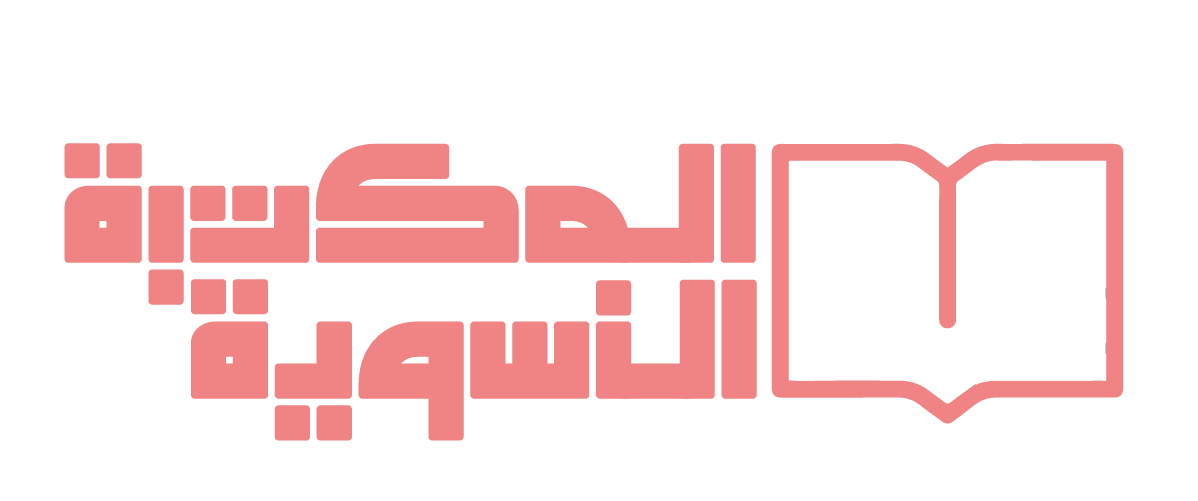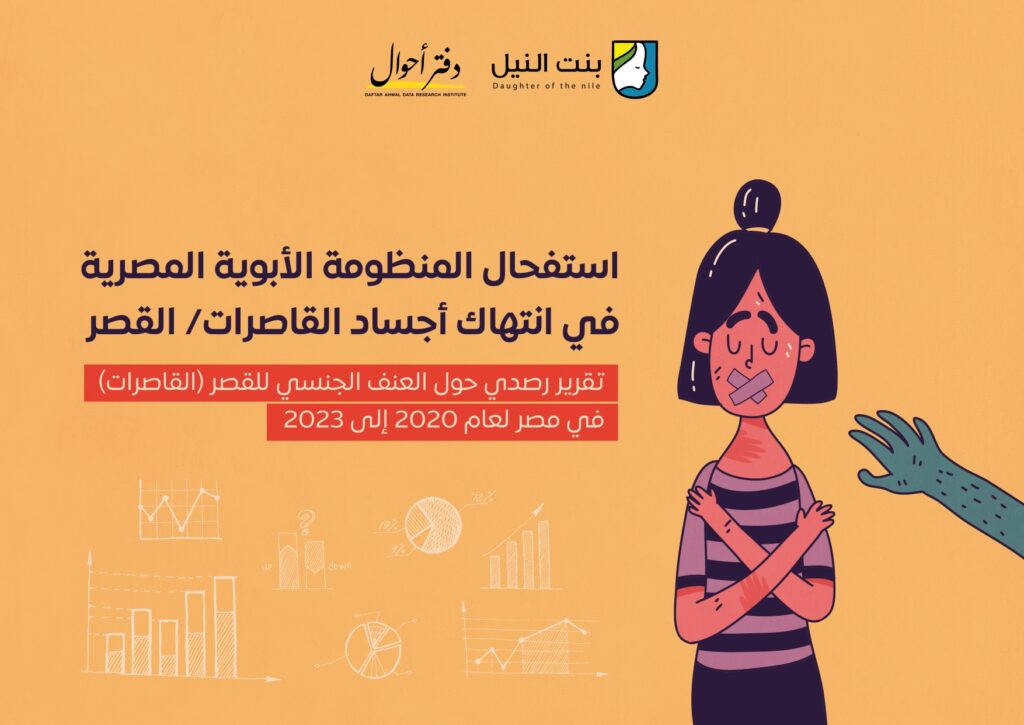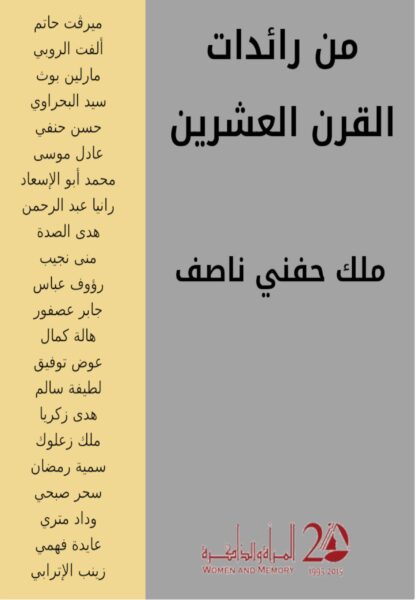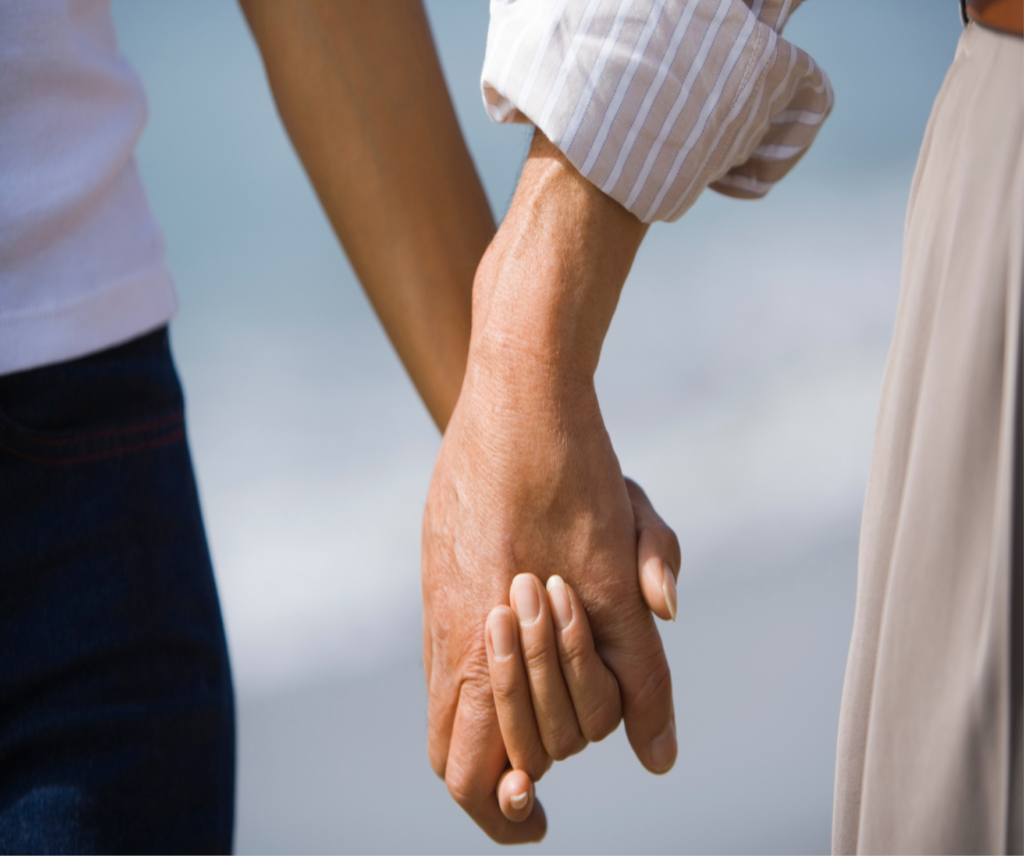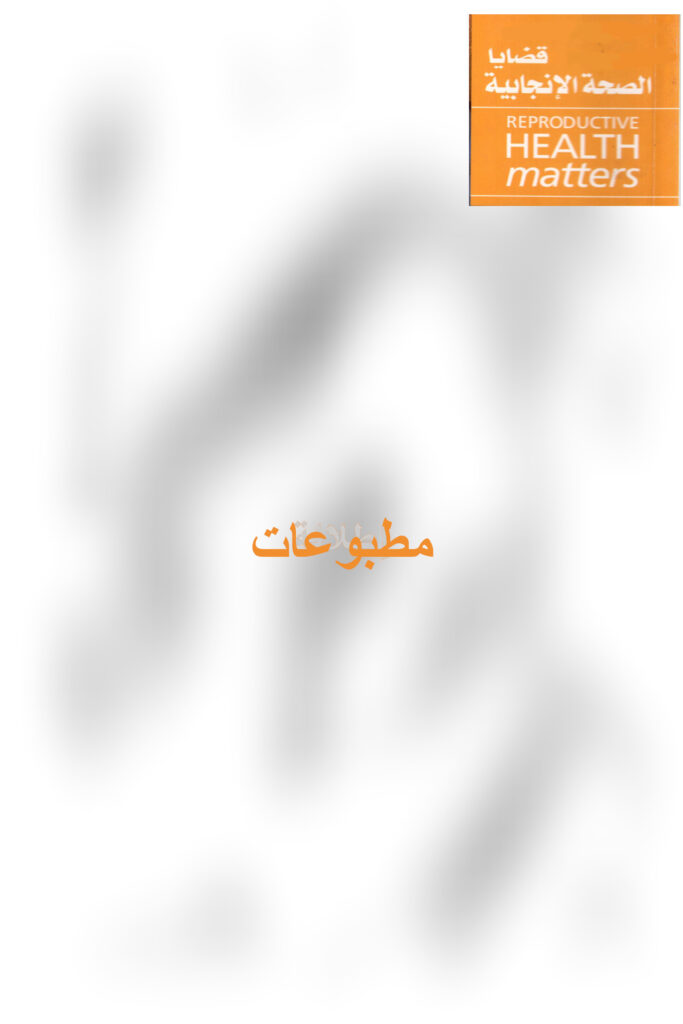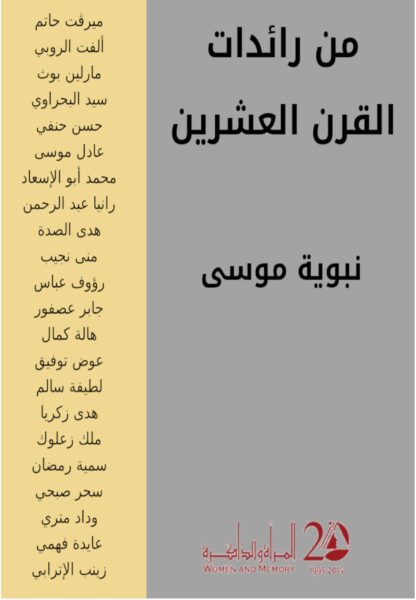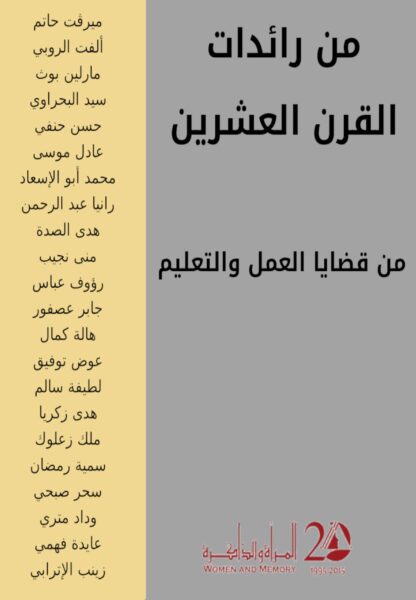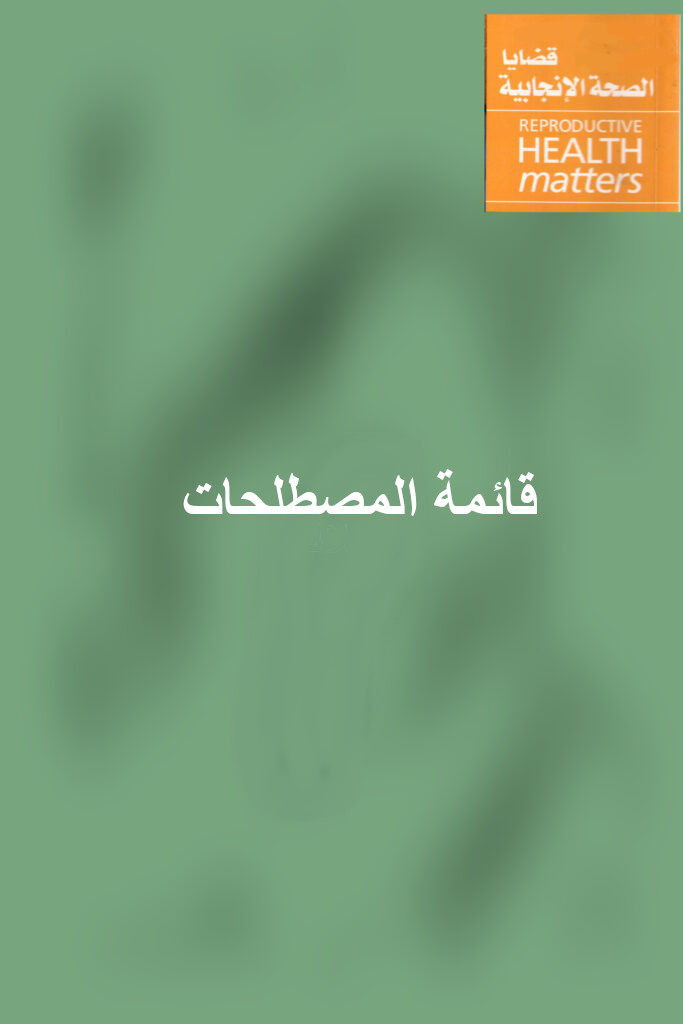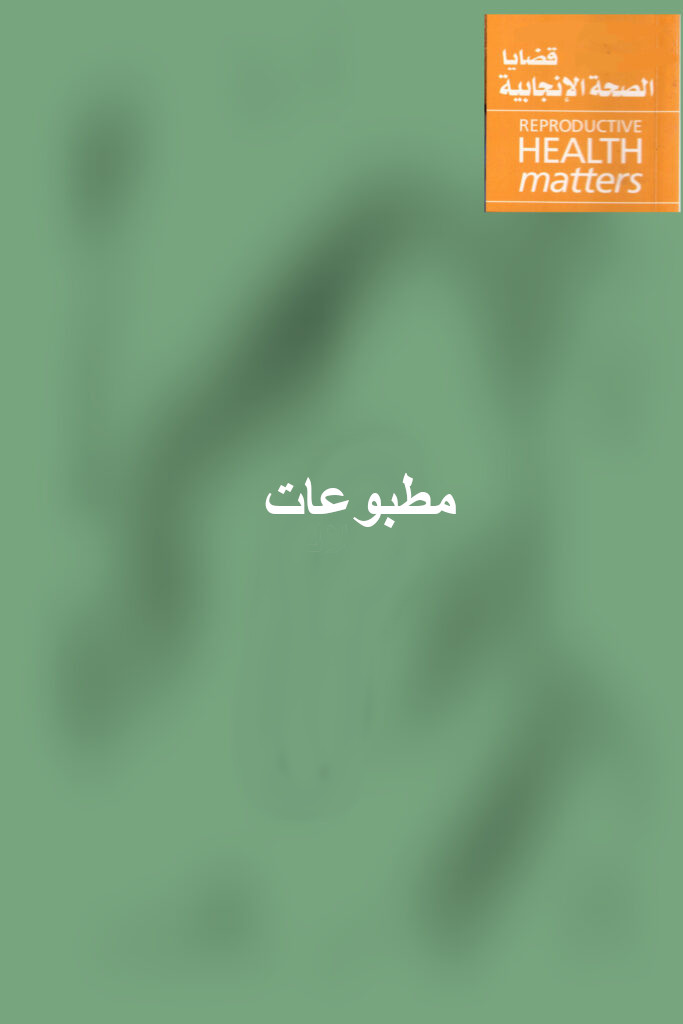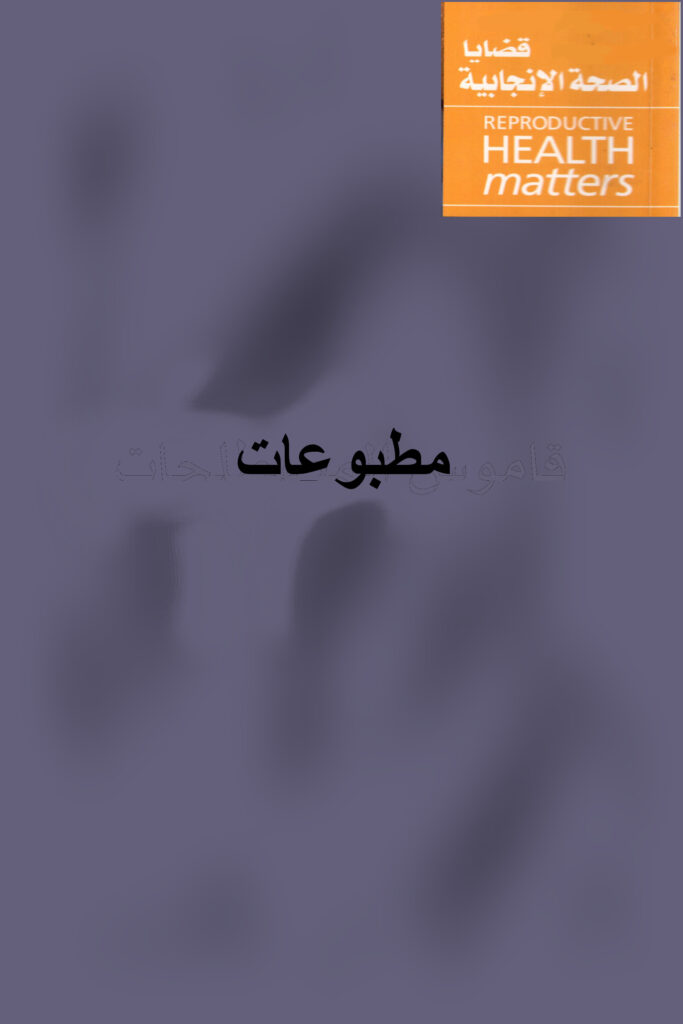مقدمة
في ظل أزمة جائحة وباء كورونا المستجد ” كوفيد19 الذي اجتاح العالم مطلع هذا العام 2020 ، وفق تعليمات منظمة الصحة العالمية ، بدأت دول العالم في اتخاذ تدابير احترازية متنوعة من اجل الحفاظ على السلامة الصحية لمواطنيها ، من بينها ” التباعد الجسدي “، تلك الإجراءات التي كان لها بعض الآثار السلبية المتوقعة ، حيث عملت العديد من المؤسسات سواء الحكومية أو غير الحكومية على الحد منها ومن بين تلك الآثار الأزمات النفسية، التي يمكن أن يتعرض لها بعض المواطنين / والمواطنات نتيجة عملهم الذي يجعلهم في مواجهة الوباء ، أو كنتيجة مباشرة لإجراءات الاحترازية المتبعة .
ومع طول فترة الإجراءات الاحترازية، والتي تجاوزت الثلاثة أشهر، ارتفعت الآثار السلبية لتشمل ، العنف الاجتماعي ، الأسري، خاصة ضد النساء . وأصبح العنف عبر وسائل التواصل الاجتماعي المتعددة ، على شبكة الانترنت ، من أبرز أشكال العنف وضوحا في ظل الوباء ، ومن بين تلك الوسائل، التي شهدت أشكال متنوعة من العنف ، كان تطبيق « تيك توك » وهو تطبيق اجتماعي ،صيني لمقاطع الفيديو الموسيقية، انطلق في سبتمبر 2016.
ويعتبر تطبيق تيك توك » اليوم ، منصة رائدة في مقاطع الفيديو القصيرة ، في مختلفة دول العالم . يسمح تطبيق « تيك توك » « للمستخدمين ، بإنشاء مقاطع فيديو قصيرة ، خاصة بهم ، غالبًا ما يعرض الموسيقى في الخلفية، ويمكن تسريعها أو إبطائها أو تحريرها باستخدام الفلاتر ، كما يتيح التطبيق للمستخدمين ، ضبط حساباتهم ، واختيار ما إذا كان ، أي مستخدم آخر أو فقط “أصدقاؤهم” يستطيعون التفاعل معهم من خلال التطبيق ، عبر التعليقات ، الرسائل ، مقاطع الفيديو “التفاعلية” ، “الثنائي“. يمكن للمستخدمين أيضًا، تعيين مقاطع فيديو محددة إما “عامة” ، “أصدقاء فقط” ، “خاصة” بغض النظر عما إذا كان الحساب خاصا أم لا .
وخلال الشهرين الماضيين ، كان الهجوم على الشابات ، من صانعات المحتوى ، على تطبيق «تيك توك » هو المشهد الأبرز ، على وسائل التواصل الاجتماعي ، وأخذ العنف ضدهن أشكال متعددة ما بين السب والقذف ، والتحرش اللفظي ، الاغتصاب ، وصل إلى حد اتهامهن بتحريض النساء والفتيات على الفسق والفجور، وتقديم بلاغات رسمية ضدهن من قبل بعض رواد وسائل التواصل الاجتماعي المختلفة الذين نصبوا من أنفسهم أوصياء على المجتمع ، وقاموا بدعوة السلطات التنفيذية لإلقاء القبض عليهن وتحويلهن إلى المحاكمات.
وفي تطور سريع استجابت السلطات التنفيذية ، وقامت بإلقاء القبض على عدد من الشابات الشهيرات ، من صانعات المحتوى على وسائل التواصل الاجتماعي المختلفة “السوشيال ميديا ” خاصة على تطبيق تيك توك، بأمر من النيابة العامة ، ووجهت لهم السلطات تهم ذات أبعاد أخلاقية مثل ( الاعتداء على مبادئ وقيم أسرية في المجتمع المصري، ونشر الفسق والفجور ، وخدش الحياء العام ) وأصبحن متهمات بتلك التهم وفي انتظار محاكمتهن وإصدار إحكام قضائية ضدهن الأمر الذي نال استحسان ، عدد كبير من مستخدمي وسائل التواصل الاجتماعي ، وبعض الشخصيات العامة ، وبعض الإعلاميين ، الذي شاركوا عبر وسائل الإعلام المختلفة في دعوة السلطات التنفيذية ، والقضائية بمعاقبة بعض النساء صانعات المحتوى على وسائل التواصل الاجتماعي المختلفة ، وهو الأمر الباعث للقلق ، حول ارتفاع معدلات العنف الاجتماعي ضد النساء ، المغلف بإجراءات قانونية ضدهن ، والذي يعد انتهاك للدستور المصري الذي أكد على المساواة في الحقوق والواجبات بين جميع المواطنين ، كذلك الإستراتيجية الوطنية لمناهضة العنف ضد النساء ، اتفاقية القضاء على جميع أشكال التمييز ضد المرأة “السيداو“، كافة المواثيق والاتفاقيات التي وقعت ، وصدقت عليها مصر . الأمر الذي يستوجب معه التأكيد على ضرورة التصدي لكافة أشكال العنف الممارس ضد النساء داخل المجتمع المصري، والآثار المترتبة عليه من عرقلة تمكين النساء على المستوى الاقتصادي ، الاجتماعي ، السياسي.
العنف الاجتماعي ضد النساء :
تعرف الأمم المتحدة العنف الممارس ضد المرأة بأنّه أي فعل عنيف تدفع إليه عصبية الجنس ويترتب عليه، أو يرجح أن يترتب عليه، أذى أو معاناة للمرأة، سواء من الناحية الجسمانية أو الجنسية أو النفسية، بما في ذلك التهديد بأفعال من هذا القبيل أو القسر أو الحرمان التعسفي من الحرية، سواء حدث ذلك في الحياة العامة أو الخاصة“.
ويحمل الموروث الاجتماعي ، في مصر إرث طويل ، من إتباع نهج النظام الأبوي السلطوي ، في وضع معايير سلوكية لدور المرأة في المجتمع ، تلك المعايير المبنية بالأساس على هيمنة وسيطرة الرجال ، على كافة مناحي الحياة على المستوى الاجتماعي ، الاقتصادي السياسي ، الثقافي . وتأثير ذلك على تلبية احتياجات النساء ، والفرص المطروحة أمامهن في الوصول إلى حقوقهن في المساواة مع الرجال .
فالأعراف المجتمعية ، التي تعتمد الهيمنة على أجساد النساء ، ونزع حقوقهن في التمتع بالسيطرة على أجسادهن ، ونزع خصوصيتهن ، واثر ذلك على تلبية احتياجاتهن الأساسية بداية من الرعاية الصحية ، التي لا تراعي بشكل كافي حقوقهن الصحية المبنية على النوع الاجتماعي ، وتقييد حقوقهن في الوصول إلى مستويات تعليمية متقدمة ، عدم إتاحة فرصة متساوية مع الرجال في الحصول على حقوقهن في العمل ، الأجر ، الترقي ، حرمانهن من بعض المناصب الوظيفية المختلفة ، كل تلك العراقيل هي جزء لا يتجزأ ، من معايير الأعراف المجتمعية ، التي تتيح للرجال الهيمنة على أجساد النساء ، التحكم فيها سواء داخل الأسرة بداية من الأب ، الإخوة الذكور وصول إلى الزوج ، الأبناء الذين يورثوا بطبيعة الحال الهيمنة والسيطرة على أجساد الأمهات ، الأخوات الإناث ، ليصل الأمر في النهاية إلى هيمنة الرجال ، بشكل عام على النساء في المجالين العام والخاص ويظهر ذلك بوضوح في العنف الممارس ضد النساء ، على منصات التواصل الاجتماعي ، فالعديد من رواد وسائل التواصل الاجتماعي عبر الانترنت ، يستخدموا الأعراف المجتمعية ، لتقييد حق النساء ، في التعبير عن أنفسهن ، على المنصات الالكترونية ، رواد وسائل التواصل الاجتماعي ينطلقون من اعتبار أجساد النساء حق مكتسب لهم ، ليضعوا معايير وأطر ذات طابع أخلاقي، مبني بالأساس على الأعراف المجتمعية ، تلك الأعراف التي تعطى للرجال حق السيطرة على طبيعة تعامل النساء مع أجسادهن ، من خلال الهجوم على ما تقدمه النساء من محتوى عبر تطبيقات ومنصات التواصل الاجتماعي ، اختزال تنوع المحتوى لتسييد تسليع أجساد النساء ، باعتبارها سبب الشرور ، ونشر الرزيلة في المجتمع ، بل يصل الأمر باعتبار أن تنوع أشكال العنف الممارس ضد النساء ، ما بين التنمر، والتحرش ، وصولا إلى الاغتصاب ، هو رد فعل طبيعي على كيفية تعامل النساء مع أجسادهن ، عبر تطبيقات ، ومنصات التواصل الاجتماعي على الانترنت ، بينما الأمر يختلف تماما في تقييم المحتوى المقدم من جانب الرجال على منصات وتطبيقات التواصل الاجتماعي ، بالرغم من أن هناك محتوى متنوع يقدمه الرجال ويدعو بعضهم فيه لاستخدام العنف ضد النساء ، ويصل إلى حد التحريض ضدهن ، على مستوى الأسرة وطبيعة تواجدهن في المجال العام .
التمييز القائم على الطبقة الاجتماعية ضد فتيات ” تيك توك“:
إن جزءًا هاما من جاذبية العمل عن طريق نشر المحتوى عبر الإنترنت هو أنه لا يتطلب من الأشخاص الحصول على تعليم عالي، أو تمتعهم بمهارات مطلوبة في سوق العمل، نشاهد بعض النساء يطبخن ، بعضهن يقوم بتصوير روتينهن اليومي مع الأطفال أو حتى يستضيفون الضيوف على YouTube ، كلما كان صانعو المحتوى أكثر ابتكارا وموهبة ، كلما حصلوا على أموال أكثر. يساهم الكثير منهم في دخل عائلاتهم ، يمكن لوكالات الإعلان أو العلامات التجارية الاتصال مباشرة بصانعي المحتوى من الإناث.
بعض النساء من خلفيات الطبقة العاملة تعرضن للتنمر والاستهزاء من قبل التيار المحافظ في المجتمع المصري الذي وصفهن بأنهن مبتذلات لمجرد ارتدائهن ملابس غير متداولة في طبقتهن الاجتماعية ، أو لعدم التحدث باللغة الإنجليزية بشكل صحيح.
الأعراف الاجتماعية تأثر بالسلب على البنية التشريعية :
لا يمكن إنكار أن الأعراف الاجتماعية السائدة داخل المجتمعات ، لها تأثير كبير على طبيعة وفلسفة البنية التشريعية ، فالمشرع بالضرورة هو ابن ثقافة المجتمع ، ويتأثر بها ، وينعكس هذا التأثير على شكل ، وطبيعة البنية التشريعية ، لذلك سعت المواثيق والاتفاقيات الدولية ، إلى التأكيد على ضرورة العمل علي تغيير الأعراف المجتمعية ، حتى تتمكن المجتمعات من الوصول إلى المساواة ما بين الجنسين ، حيث أشارت اتفاقية القضاء على جميع أشكال التمييز ضد المرأة في مادتها الخامسة على ما يلي :
تتخذ الدول الأطراف جميع التدابير المناسبة لتحقيق ما يلي: تغيير الأنماط الاجتماعية والثقافية لسلوك الرجل والمرأة، بهدف تحقيق القضاء على التحيزات والعادات العرفية وكل الممارسات الأخرى القائمة على الاعتقاد بكون أي من الجنسين أدنى أو أعلى من الآخر، أو على أدوار نمطية للرجل والمرأة هذا السياق لعبت المؤسسات الحقوقية ، خاصة النسوية دور كبير ، عبر سنوات لتغيير الأنماط الاجتماعية ، التي تدعو للعنف أو تحقر من دور النساء في المجتمع ، كما سعت العديد من الحكومات المتعاقبة ، كما سعت العديد من الحكومات المتعاقبة ، على اتخاذ تدابير ، إجراءات من شأنها السعي للحد من تأثير الأعراف المجتمعية على البنية التشريعية المصرية وبالرغم من تلك الجهود ، مازالت البنية التشريعية ، في مصر تحتاج إلى المزيد من العمل ، لتنقيتها من كافة أشكال العنف ضد النساء ، والتي تعرقل وصول النساء إلى العدالة والمساواة القانونية ما بين الجنسين فعلى سبيل المثال : تنص المادة 10 من دستور 2014 على أن “الأسرة” هي نواة المجتمع وهي تقوم على الدين والأخلاق والوطنية. تضمن الدولة تماسكها واستقرارها وترسيخ قيمها
“المادة 25 من قانون مكافحة جرائم تقنية المعلومات لعام 2018 والتي تنص على أن يعاقب بالحبس مدة لا تقل عن ستة أشهر وبغرامة 50 حتى 100 ألف جنيه أو بأحد هاتين العقوبتين من اعتدى على أي من المبادئ أو القيم الأسرية في المجتمع المصري أو انتهك حرمة الحياة الخاصة أو أرسل بكثافة رسائل إلكترونية لشخص دون موافقته أو منح بيانات شخصية إلى موقع إلكتروني لترويج سلع دون موافقته، أو نشر أخبارا أو صورا تنتهك خصوصية شخص دون رضاه ، والمقصود في هذه المادة من يقوم باختراق حسابات الآخرين أو سرقة معلوماتهم وخصوصياتهم ونشرها بطريقة تسيء لهم.
ونلاحظ أيضا أن المادة الدستورية تتفق نع نص قانون مكافحة جرائم تقنية المعلومات في أنهما قد بنيا على أسس فضفاضة مثل الدين والأخلاق والوطنية ، هي أيضًا مسؤولية الدولة.
تم توجيه اتهامات عديدة لهؤلاء الفتيات تستند الاتهامات الموجهة لهن على مواد مأخوذة من قوانين مختلفة، أولها القانون 180 لتنظيم الإعلام لعام 2018 والذي ينص “يجب على المواقع عدم نشر أخبار كاذبة أو الدعوة إلى مخالفة القانون أو العنف أو الكراهية أو التمييز بين المواطنين والعنصرية أو يتضمن طعنا في أعراض الأفراد أو سبّا أو قذفا لهم، أو امتهان الأديان السماوية أو العقائد الدينية أو يخالف النظام العام والآداب العامة“، وأوضحت المادة 29 من هذا القانون بأنه لا يجوز توقيع عقوبة سالبة للحرية في تلك القضايا بل تقتصر العقوبة على حجب الموقع، إلا في الجرائم المتعلقة بالتحريض على العنف أو التمييز بين المواطنين أو الطعن في أعراض الأفراد.
وبما أن هذه المادة لا يترتب عليها سجن الفتيات فقد تم استخدام المادة 25 من قانون تقنية المعلومات 175 لعام 2018 ولأن هذه المادة أيضا لا تنطبق على الفتيات الموقوفات فقد تم استخدام عبارات في اتهامهن مثل “التحريض على الفسق والفجور” حتى يصبح بالإمكان شملهن بقانون مكافحة الدعارة لعام 1960 والمقصود به كل من يدعو أو يدفع نحو ممارسة الدعارة، رغم أنه لا يوجد في ممارسات هؤلاء الفتيات شيء من هذا القبيل، كما تم استخدام المادة 178 من قانون العقوبات لعام 1952 التي تتناول استعمال صور مخلة بالآداب العامة.
بالرغم من إعلان الدولة ، تبني الدولة لإستراتيجية، تمكين المرأة 2030 وكذلك الإستراتيجية الوطنية لمناهضة العنف ضد النساء ، إلا أن التدابير ، الإجراءات المتبعة ، لا ترقي إلى حجم المشكلات والتحديات التي تقف حائلا ، إمام تمكين النساء ، ومناهضة العنف ضدهن والتي تستوجب بيئة تشريعية تساهم في تمكين النساء .
1 – إصدار قانون موحد لتجريم العنف ضد النساء.
2 – الإسراع في إنشاء المفوضية المستقلة لمناهضة العنف والتمييز التي أقرها الدستور المصري الصادر عام 2014 في المادة 53.
3 – إصدار قانون أحوال شخصية يمكن النساء من حقوقهن المسلوبة.
4 – العمل على ضرورة تدريس الجنسانية ، والتثقيف الجنسي الشامل ، المساواة ما بين الجنسين بجميع المراحل التعليمية ،بداية من المرحلة الابتدائية ، حتى الجامعة مع إتاحة المواد العلمية في وحدات الرعاية الصحية الأولية ، النوادي الثقافية ، الاجتماعية والرياضية.
5 – العمل على ضرورة تدريس مادة العنف ضد النساء ودور البنية التشريعية في الوصول للعدالة والمساواة لطلاب / طالبات كليات الحقوق بجامعات المصرية المختلفة.
6- العمل على إعداد برامج تدريبية, وتأهيلية وفق المعايير الدولية لمناهضة العنف ضد النساء لنواب البرلمان ، أعضاء الهيئات القضائية ، وأعضاء السلطة التنفيذية .
introduction :
In light of the pandemic crisis of the new Coronavirus “Covid-19”, which swept the world early this year of 2020, according to the instructions of the World Health Organization, countries of the world began to take various precautionary measures in order to maintain the health safety of their citizens, among them “physical distancing”, those measures that had some expected negative effects, as many governmental and non-governmental institutions worked to reduce them.
Among these effects are psychological crises that some citizens may be exposed to as a result of their work that makes them face the epidemic, or as a direct result of the precautionary measures.
With the long period of the precautionary measures, which exceeded three months, the negative effects increased to include social and family violence, especially against women.
* We use the term physical distancing for what we think is more accurate as one of the measures used to prevent the spread of the Corona virus “Covid-19” epidemic among citizens, An alternative to social distancing, which carries a danger to social relations between male and female citizens. It is also an inaccurate expression in light of the spread of different social media, which can provide a good opportunity to continue and invest in different social relationships.
Violence via multiple social media, online, has become one of the most prominent forms of violence during the epidemic, and among those methods that witnessed a variety of forms of violence, “tik-tok” application, which is a social Chinese application for music videos that was launched in September 2016.
Today, “Tik Tok” application is considered a pioneering platform for short videos in various countries of the world.
Tik Tok allows users to create short videos of their own, often displaying music in the background, and it can be speeded up, slowed down or edited using filters.
The application also allows users to set their accounts and choose whether any other user or only their “friends” can interact with them through the application, using comments, messages, “interactive” and “duo” videos.
Users can also set specific videos as either “public”, “friends only”, “private” regardless of whether the account is private or not.
During the past two months, the attack on young women, who are content creators on “Tik Tok” application, was the most prominent scene on social media.
Violence against them took many forms that varied between insulting and slandering, verbal harassment and rape, amounting to accusations that they incited women and girls to immorality.
And the presentation of formal accusations against them by some of the leaders of the various social media who have appointed themselves as guardians of society, and they called on the executive authorities to arrest them and transfer them to trials.
In a rapid development based on order by the Public Prosecution, the executive authorities responded and arrested a number of famous young women, from content creators on various social media especially o Tik Tok.
The authorities charged them with charges such as (attacking family principles and values in Egyptian society, spreading debauchery and immorality, and insulting public modesty) and became accused of these charges and awaiting their trial and issuing judicial rulings against them.
This action won the approval of a large number of social media users, some public figures, and some media people, who participated through various media outlets, in calling on the executive and judicial authorities to punish some women who created content on different social media, which is a matter of concern, about high levels of social violence against women, enveloped in legal proceedings against them. This is a violation of the Egyptian constitution, which emphasized equality in rights and duties among all citizens, as well as the national strategy to combat violence against women, the Convention on the Elimination of All Forms of Discrimination against Women, “CEDAW”, all the covenants and agreements that were signed and ratified by Egypt.
This situation necessitates stressing the need to address all forms of violence against women within Egyptian society, and its effects on hindering women’s empowerment at the economic, social and political levels.
Social violence against women:
The United Nations defines violence against women as ‘any act of gender-based violence that results in, or is likely to result in, physical, sexual or psychological harm or suffering to women, including threats of such acts, coercion or arbitrary deprivation of liberty, whether occurring in public or in private life’.
In Egypt, the social heritage holds a long legacy, following the approach of the patriarchal system, in setting behavioral standards for the role of women in society, those standards that are based mainly on the domination and control of men in all aspects of life at the social, economic, political, and cultural levels.
The impact of this has been on meeting women’s needs, and the opportunities for them to access their rights to equality with men.
Societal norms, which depend on dominating the bodies of women, denying their rights to enjoy control over their bodies, and stripping them of their privacy, and the impact of that on meeting their basic needs, Starting with health care, which does not adequately consider their gender- based health rights, restricting their rights to reach advanced educational levels, not providing equal opportunity for men to obtain their rights to work, pay, promotion, and being deprived of some different job positions.
All of these obstacles are an integral part of the norms of societal norms that allow men to dominate the bodies of women, controlling them both within the family starting from the father, the brother, to the husband, the sons who inherit naturally the domination and control of the bodies of mothers and sisters, Ultimately, the situation reaches the dominance of men, in general, over women in the public and private spheres.
This is particularly evident in violence against women, on social media platforms, Many users of social media use societal norms to restrict the right of women to express themselves on online platforms.
Social media users start from considering women’s bodies as an acquired right to set standards built on ethical nature, based primarily on societal norms.
Those norms that give men the right to control the nature of women’s dealing with their bodies, by attacking the content women provide through social media applications and platforms, Reducing the diversity of content to master the commodification of women’s bodies, as the cause of evils, and the spread of the vice in society.
Rather, it comes to considering that the variety of forms of violence against women, from bullying, to harassment, to rape as a natural reaction to how women deal with their bodies through social media applications and platforms on the Internet, while the matter is completely different in the evaluation the content made by men, on social media platforms and applications, Although there is a variety of content provided by men, some of which advocate the use of violence against women, amounting to incitement against them, at the family level and the nature of their presence in the public domain.
Social class discrimination against Tik Tok girls:
An important part of the work’s appeal by posting content online is that it doesn’t require people to get a higher education, or have the skills needed in the job market, we watch some women cook, some are filming their daily routine with children or even hosting guests on YouTube, The more innovative and talented content creators are, the more money they will earn.
Many of them contribute to the income of their families, advertising agencies or brands can contact the female content makers directly.
Some women from working class backgrounds have been bullied and mocked by the conservative current in Egyptian society, who described them as vulgar simply because they wore clothes that were not handled in their social class, or because they did not speak the English language correctly.
Social norms negatively affect the legislative structure:
It is undeniable that the prevailing social norms within societies have a great influence on the nature and philosophy of the legislative structure, because the legislator is necessarily the son of the culture of society, and influenced by it and this influence is reflected in the form and nature of the legislative structure.
Therefore, international covenants and agreements sought to emphasize the need to work to change societal norms in order for societies to reach gender equality, as the Convention on the Elimination of All Forms of Discrimination against Women indicated in its fifth article the following:
States Parties shall take all appropriate measures:
To modify the social and cultural patterns of conduct of men and women, with a view to achieving the elimination of prejudices and customary and all other practices which are based on the idea of the inferiority or the superiority of either of the sexes or on stereotyped roles for men and women.
In this context, human rights institutions, especially feminists, have played a significant role, over the years, to changing social patterns that call for violence or denigrate the role of women in society, and many successive governments have sought to take measures, measures that seek to limit the impact of societal norms on Egyptian legislative structure.
Despite these efforts, the legislative structure still needs more work in Egypt to purify it from all forms of violence against women, which hinder women’s access to justice and legal equality between the sexes.
For example: Article 10 of the 2014 constitution states that “the family is the nucleus of society and is based on religion, ethics and patriotism. The state guarantees its cohesion, stability and the consolidation of its values.”
Article 25 of the Information Technology Crime Law of 2018, which states “A penalty of imprisonment for a period not less than six months and a fine of 50 to 100 thousand pounds or one of these two penalties shall be inflicted on whoever violates any of the family principles or values in Egyptian society or violates the sanctity of private life or heavily sends emails to a person without their consent or grants personal data to a website to promote goods without their consent, or to publish news or photos that violate the privacy of a person without their consent, “What is meant in this article is whoever hacks into other people’s accounts or steals their information and privacy and publishes it in a way that offends them.
We also note that the constitutional article is consistent with the text of the Law on Combating Information Technology Crime in that they are built on loose foundations such as religion, ethics and patriotism, which are also the responsibility of the state.
Many girls have been charged with accusations The charges against them are based on articles taken from various laws, the first of which is Law No. 180 of the Regulation of Media of 2018, which states “websites should not publish false news or advocate against the law, violence, hatred, or discrimination between citizens and racism, or defaming, insulting or slandering them, or insulting religions or religious beliefs, or violating public order and public morals, Article 29 of this law states that a penalty depriving of liberty may not be imposed in these cases, but the penalty is restricted to blocking the website, except for crimes related to inciting violence, discrimination between citizens, or defamig.
Since this article does not entail imprisonment for girls, Article 25 of Information Technology Law 175 of 2018 was used, Because this article also does not apply to arrested girls, phrases such as “incitement to immorality and immorality” have been used to accuse them of the anti-prostitution law of 1960, which is intended for anyone who calls or pays for prostitution, Although there is no such thing in the actions of these girls, Article 178 of the 1952 Penal Code was also used, which deals with the use of images that violate public morals.
Recommendations:
Despite the state’s announcement that it is adopting a strategy to empower women 2030 and the national strategy to combat violence against women, the measures and procedures followed do not rise to the scale of the problems and challenges that stand in the way of empowering women and combating violence against them, which require a legislative environment that contributes to empowering women.
1 – issuing a unified law to criminalize violence against women.
2 – accelerating the establishment of the Independent Commission against violence and discrimination approved by the Egyptian Constitution, promulgated in 2014 in Article 53.
3- Issuing a personal status law that enables women to win their stolen rights.
4- Working on the necessity of teaching gender, comprehensive sexual education, gender equality at all levels of education, from the elementary school to the university, with scientific materials available in the primary health care units, cultural, social and sports clubs.
5 – Working on the necessity of teaching violence against women and the role of the legislative structure in achieving justice and equality for law faculties stuents in different Egyptian universities.
6- Working to prepare training and qualification programs in accordance with international standards to combat violence against women, for parliamentarians, members of the judiciary and members of the executive branch.
